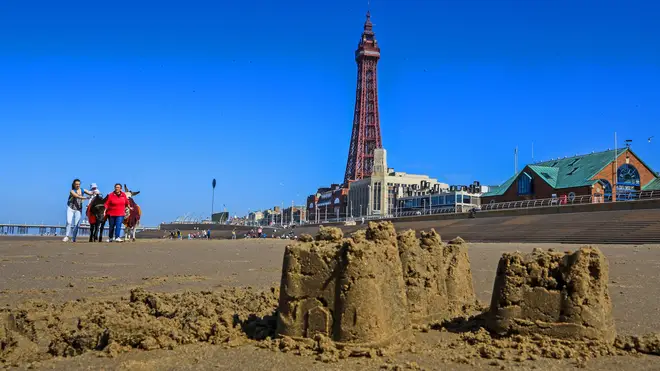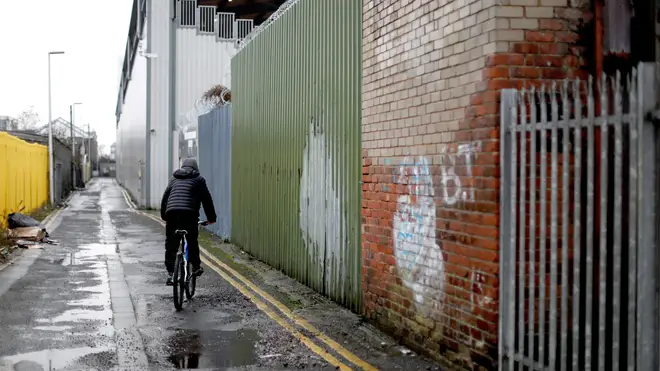
Simon Marks 4pm - 7pm
20 January 2020, 17:07

A children's charity has named Blackpool as the "toughest place in the UK to be a girl", with the town having the highest levels of gender inequality in the UK.
The Lancashire seaside town was found to have the biggest gap between the sexes in a study looking at variation in rights, life and employment outcomes across Britain, for 14 to 21-year olds.
Plan International UK asked more than 1000 girls about key areas of their lives including how safe they feel on the streets, their experience of school, their mental health and body image, and their perspectives on politics and participation.
"Blackpool from the forefront is lovely, very family orientated," 15-year-old Katie, who lives there, said.
"But if you go into the back streets, you'll see it has eight out of the 10 most deprived neighbourhoods in Britain. There is a lot of cat-calling and street harassment.
"And as a girl, if you want to go into those places, you have to think, 'how do I have to change, to adjust to that?'
"What should I wear? Do you go a certain way to go to school? It shouldn't be happening in the 21st century," she added.
The data found that 60 per cent of girls think they are treated worse than boys because of their gender.
72 per cent said they notice this in the treatment media, 41 per cent in the home and 22 per cent in school.

Rose Caldwell, chief executive of Plan International UK that carried out the research, told Sky News: "I think many people assume that in 2020 girls and boys are treated equally.
"It is really shocking to find out that, when we listen to girls, that's not the experiences that they are finding."
Deborah Terras from the Washington Group, which organises an International Women's Day in Blackpool, said there are "a lot of good initiatives" to help young women, but true gender equality can only come if everyone is working to make a difference.
"While we're nurturing and supporting young women, there has to be those conversations with young men about how do we treat each other.
"We've got to take this from the community, from education, from parents, from families, and also in particular from the young women themselves.
"They have to take some responsibility and actually say 'how can I have an influence on my future?'"
Plan International UK is now calling on the government to implement its national strategy to end violence against women and girls, better equip and inform teachers and modernising resources to meet the specific needs of girls.
They also said the government needs to invest in the meaningful participation of girls and young women in politics at local, regional and national levels and ensure that a gender analysis is core to any initiative aiming to tackle poor body image.